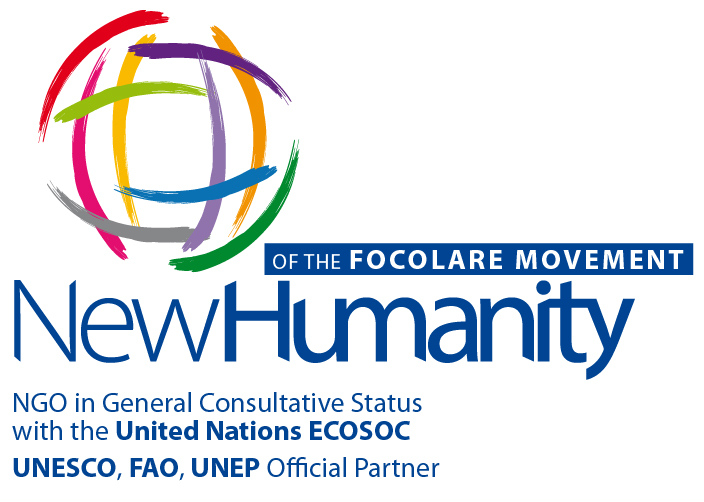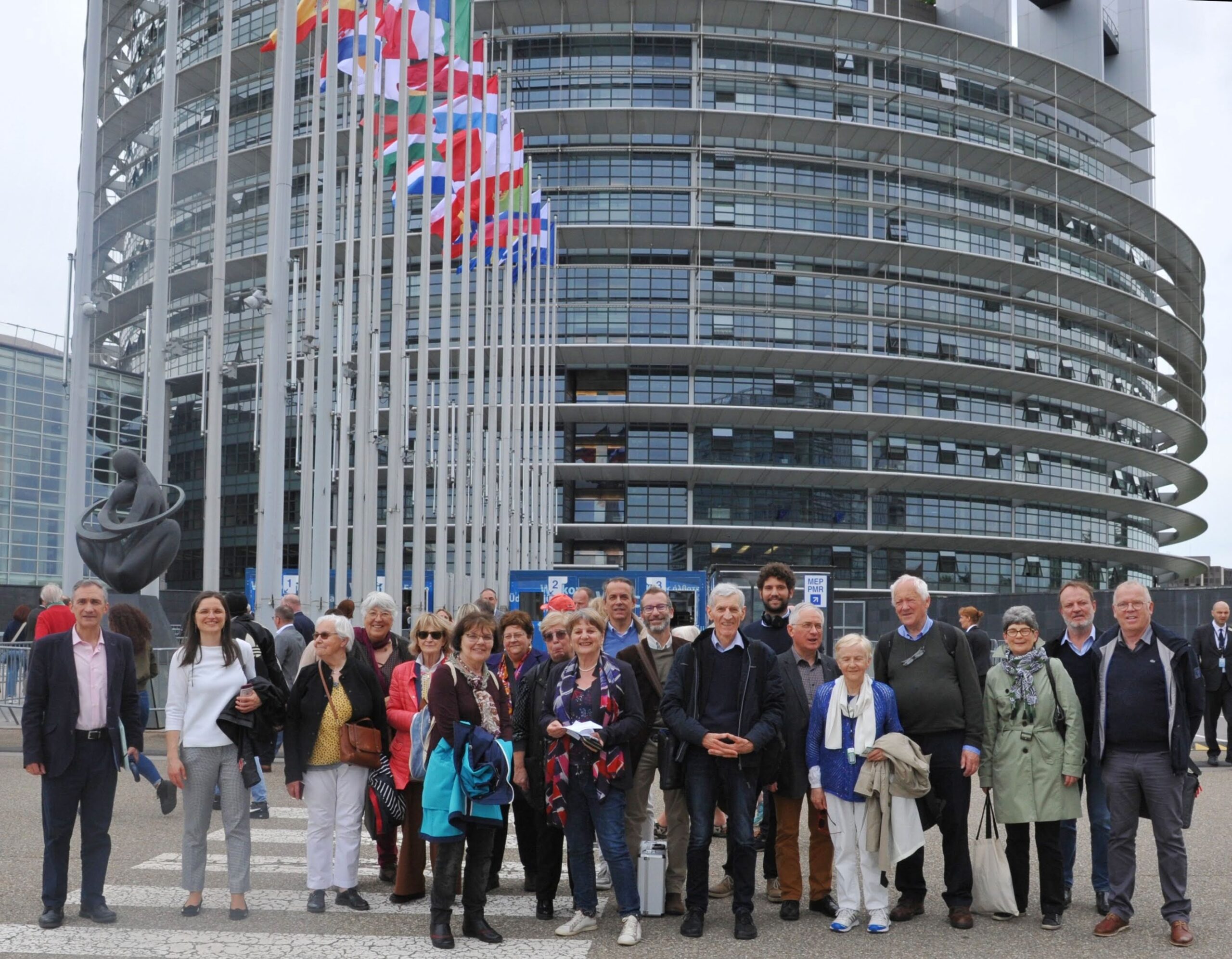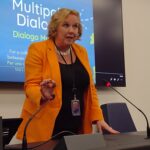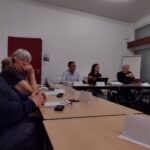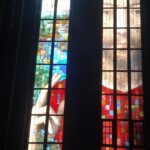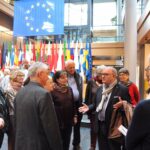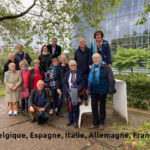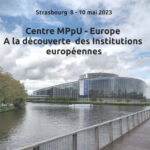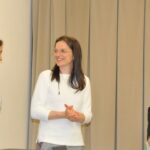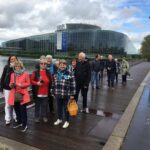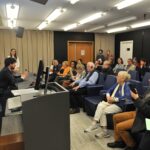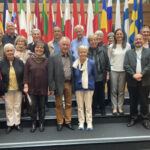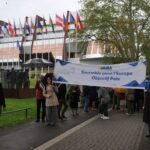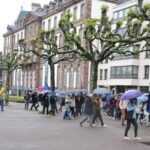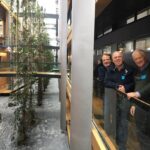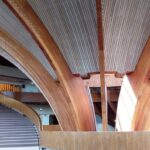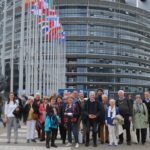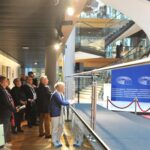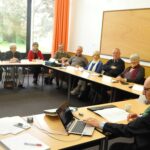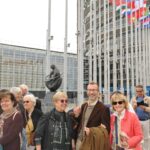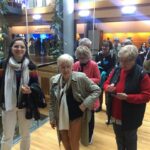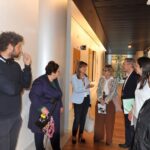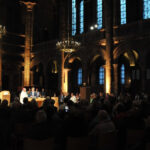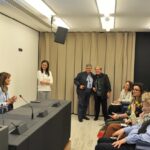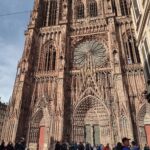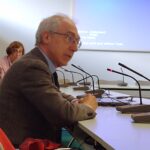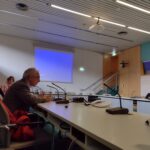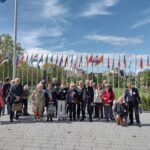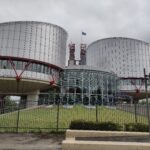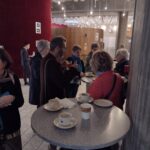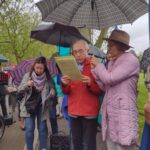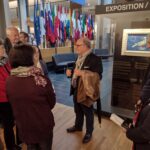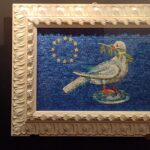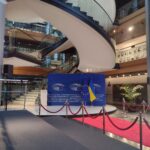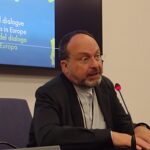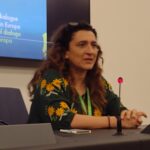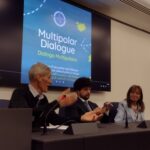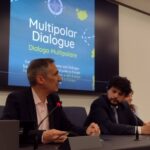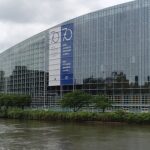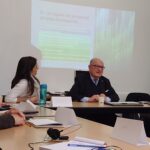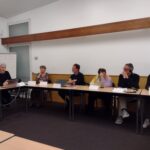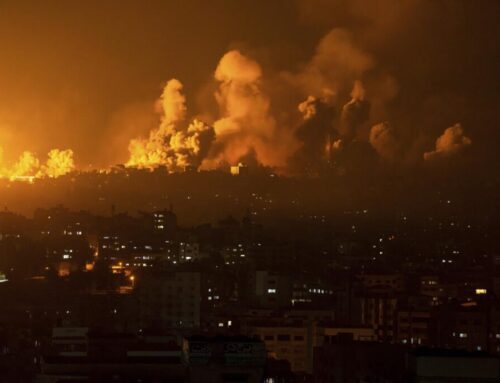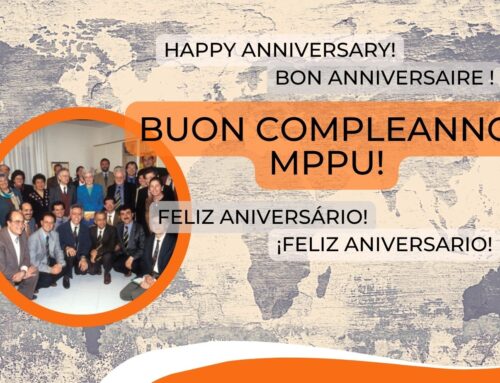by MPPU Europa
The desire to continue the journey of unity, begun on Feb. 25 last year with the birth of MPPU Europe just as the war in Ukraine coincided, drove us several kilometers and for some more than a thousand.
There were about 20 of us from Italy, Spain, and Germany along with host France for our annual meeting. Strasbourg, along with Brussels, is home to European institutions, a modern, European city that combines its history with a medieval charm that could be glimpsed in the streets and canals.
We got to know each other by sharing life in the institutions and administrations but above all by continuing the dialogue on Fraternity as a proposal for our political action. The words of the Prior of Taizé were significant: “…There is something much deeper and necessary to make peace. The question of the relationship between human beings must be placed at the center of education. It is about living just relationships, learning respect for otherness, for the Other, to walk together.”
The following day an in-depth look at European institutions; the history of the European Union and its vocation in the world with an exceptional speaker: Francois Brunagel an official for 40 years of the European Union including 10 as Director of the Protocol Service of the European Parliament. His exposition was important because it was combined with his work as a passion for Europe: “… the economic situation since 2011 and the pandemic tell us that every time there is a crisis, Europe progresses. We have different challenges before us: energy policy, food policy, land security, migration flows but the biggest challenge is to keep the European Union united in our choices.” Then the functions of the 27-state European Parliament and the 46-nation Council of Europe emphasize that the values of the Union are defined in the European Convention on Human Rights (ECHR), signed by the founding countries still in 1950 and later supplemented, amended, and signed by all Council of Europe countries.
The afternoon in the parliament building was a significant meeting with several MEPs from various party affiliations. Hon. Patrizia Toia writes: “Today I had the pleasure of hosting in Parliament a delegation of the Politics for Unity Movement Europe; who presented the activities and shared the experiences carried out by the movement. Dialogue, a community of intentions, and especially the focus on ‘unity and brotherhood are the heart of this precious Focolare Movement. They are also the values of European unity based on the union of diversity and solidarity. A meeting like this today, Europe Day, with the presence of colleagues Brando Benifei, Pietro Bartolo, Beatrice Covassi, Rosa D’Amato, and Isabel Estrada Carvalhais, takes on even more meaning and is an important contribution to the future of Europe.” At a later date, we also met with Hon. Nicola Procaccini.
In the evening, the peace march with “Together for Europe” and then participation in the ecumenical celebration with some MEPs at Temple Neuf promoted by representatives of different churches, an opportunity to pray all together for peace, and reconciliation.
The next day, participation in the Catholic Mass in the Parliament allowed us to weave other relationships and trigger new dynamics among the MEPs present as well.
This third day was mostly dedicated to getting to know the Council of Europe, its history, its purpose, and its work to serve all citizens of the 46 members’ rights. In all this, we were accompanied by Alfonso Zardi who has worked for several years in this international organization.
Finally, the visit to the Cathedral crowned this trip. Here, too, Europe and its dream of peace and reconciliation on the continent is present. The stained glass window in the choir behind the high altar given by the Council of Europe in 1956, shows Mary in her royalty with the symbol of Europe at the top: the circle of 12 stars on the blue background.

